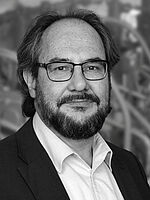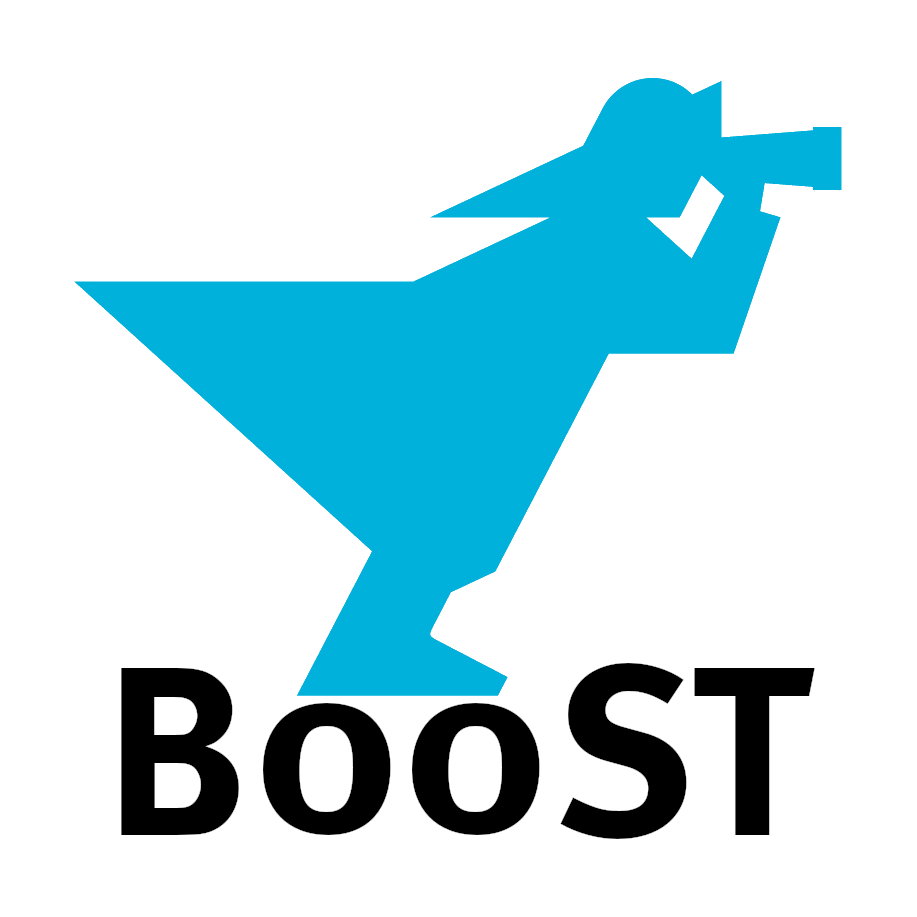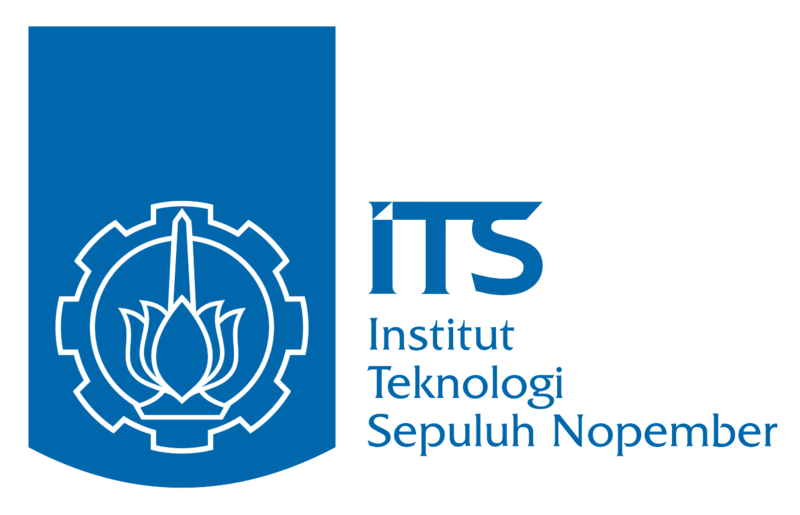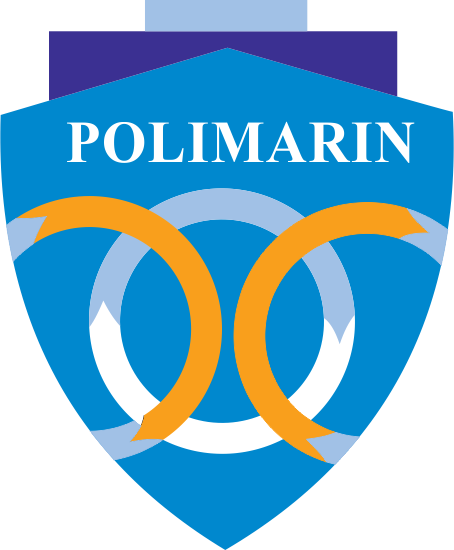Title:
Boosting Skills by Training and Digitalisation (BooST)
Period:
01/2021 - 12/2024
Funding organisation/Executing agency:
Deutscher Akademischer Austauschdienst e.V. (DAAD)
Summary
The project focuses on further developing the content and increasing the visibility of the existing German-Indonesian degree programmes between the German University of Applied Sciences Wismar (HSW) and the Indonesian Institute Teknologi Sepuluh Nopember (ITS) as direct project partners and the Indonesian PoliMARIN as an associated partner. In detail, this concerns the study programmes Bachelor Marine Engineering (HSW-ITS), Master Marine Engineering (HSW-ITS), Bachelor Nautical Sciences/Transport Operations (HSW-PoliMARIN) and the Bachelor Mechanical Engineering/Renewable Energy (HSW-ITS), which is currently being approved. On the part of Wismar University, three areas of the Faculty of Engineering are involved in these degree programmes: the Maritime Engineering, Plant Engineering and Logistics area for the degree programmes already established and the Mechanical Engineering/Process and Environmental Engineering and Electrical Engineering and Computer Science areas for the degree programme currently being approved.
The project serves to sharpen the profile of the partners involved, at HSW in particular the Faculty of Engineering, in the fields of maritime and environmental technologies and Blue Growth for the sustainable use of the maritime environment. In the case of Indonesia, the focus is particularly on the development of small islands.
An important means of further development is the digitalisation of teaching content for sustainable, efficient and flexible online teaching and the development of new learning concepts in terms of qualitative expansion. The high proportion of laboratory work in various laboratories and simulators poses a particular challenge. A "Virtual Joint Lab Unit" networks the laboratories and simulators and thus enables cross-location training. Living labs as real facilities are an essential component on smaller islands in Indonesia with an extremely high practical component. They are supplemented by purely virtual labs based on 2D and/or 3D computer environments as virtual reality or augmented reality. Virtual laboratories have so far been unusual in the training of operators of technical plants: too abstract, they do not offer the possibilities of real plants. It is a declared goal of the project to create application examples for virtual laboratories and simulators in education and training. (Measure 1)
Another building block in the networked laboratories is uniform training criteria and procedures. Uniform evaluation and quality standards are necessary from the preparation of experiments and exercises to the control of the preparation to the implementation and protocol-based evaluation. Starting with the (IT) infrastructure with Learn Management Systems, the technical experimental set-up up to the teaching staff and laboratory engineers employed, criteria for preparation, implementation and evaluation are necessary and must be agreed upon. (Measure 2)
Making the teaching modules available in online teaching turns out to be a competitive advantage of the participating universities on the market or even a necessity, especially against the background of the global Corona pandemic. Within the project work, a large number of teaching modules will be made available online and the possibilities of online examinations will be investigated. In particular for the double-degree and joint-degree programmes under consideration, verifiable solutions must be found that comply with data protection laws and meet the requirements of all participating universities and national legislation. To this end, solutions are proposed that should fit the Learn Management System used. (Measure 3)
In addition to professional competence, methodological and social competence as well as various transversal competences form the foundation for a successful professional activity after graduation. These methods are integratively present in the laboratories and simulation exercises; other teaching modules with the teaching forms lecture, exercise and seminar can also impart this content integratively. The teaching modules will be examined for the teaching of competences such as strategic thinking, team skills, flexibility and leadership behaviour according to the latest findings to see whether greater promotion is necessary and possible. In addition, a new module will be included in the curriculum that directly addresses transversal competences. Elements such as problem-solving skills, creativity and critical thinking are the main components. (Measure 4)
Since the introduction of the German-Indonesian degree programmes at HSW, ITS and PoliMARIN, the strengthening of the connection to Germany has been a central component of the curriculum and lived practice. The project partners are convinced that further potential can be tapped here. For example, the German language will become a compulsory part of the degree programmes, also as a better preparation for the stay in Germany during the semester abroad. In addition, a "German Corner" will be introduced at PoliMARIN and a "Day of German Culture" will be celebrated across all institutions. The aim is to give students and other interested visitors an insight into German culture and lifestyle. The teaching modules in the degree programmes and in continuing education for which the HSW is responsible will be given a uniform "branding" that directly establishes the reference to Germany. This applies to all digital and analogue teaching materials and course documentation. (Measure 5)
Graduates are an important marketing tool and THE link between universities and industry. Successful and creative alumni work enables the maintenance of relationships and creates a lasting connection. To this end, various measures are planned, from joint regular newsletters to alumni evenings with industrial companies to events with professional associations. Students and graduates are encouraged and advised by the career centres set up at the partner universities to set up start-ups and get involved in business. Further flanking measures such as internship placement and targeted training for enhanced career development skills are being developed. (Measure 6)
A lifelong learning initiative and activities on research and development projects complement the portfolio of transnational and transinstitutional measures. Hereby, in addition to the already entrepreneurially planned and successful study programmes, further financial resources will be raised, which will ensure sustainability and financial independence beyond the project duration. The continuing education programmes are planned both analogue and digital and make use of the "Virtual Joint Lab Unit"; the research activities strengthen the academic competences and in particular the visibility of Wismar University of Applied Sciences and its partners both nationally and internationally. (Measures 7 and 8).
The qualitative development on the one hand and the entrepreneurially planned offers and the increase in attractiveness and sustainability of the TNB projects on the other hand are the main goals of the project, which are achieved through the measures described below. Concrete results that can be achieved and accounted for are indicated. The time schedule for achieving the goals is staggered over the entire project duration, so that a comparison is possible at any time.
Preliminary work on the virtual laboratories has already been carried out at the Department of Maritime Studies, Plant Engineering and Logistics at Wismar University of Applied Sciences. Parts of the ship handling simulator and ship machinery simulator are available as 3D models and are implemented and operable in a game engine. The concept, which was created and then further developed as part of a bachelor's thesis, is being incorporated into the project as preliminary work. Preliminary work also exists on the digitalisation of the technical laboratories, which was developed during online teaching when no classroom teaching could take place due to the Corona pandemic. These concepts will be introduced, evaluated, improved if necessary and adapted to other teaching modules.
Project team:
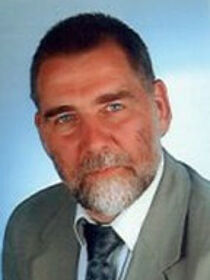 Karsten WehnerProf. Dr.-Ing.LecturerSeefahrt, Anlagentechnik und LogistikBuilding 3 · Room 3205
Karsten WehnerProf. Dr.-Ing.LecturerSeefahrt, Anlagentechnik und LogistikBuilding 3 · Room 3205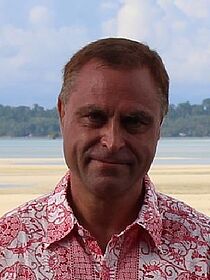 Wolfgang BusseDr.-Ing.Scientific AssistantSeefahrt, Anlagentechnik und LogistikBuilding NASDEC Building · Room 1st floor
Wolfgang BusseDr.-Ing.Scientific AssistantSeefahrt, Anlagentechnik und LogistikBuilding NASDEC Building · Room 1st floor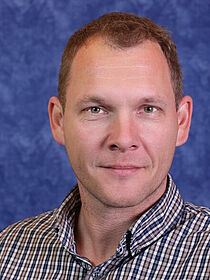 Steffen LoestMaster of ScienceScientific AssistantSeefahrt, Anlagentechnik und LogistikBuilding 2 · Room 2209
Steffen LoestMaster of ScienceScientific AssistantSeefahrt, Anlagentechnik und LogistikBuilding 2 · Room 2209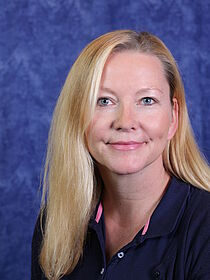 Simona RauDipl.-Kff.Project EmployeeSeefahrt, Anlagentechnik und LogistikEmployeeSeefahrt, Anlagentechnik und LogistikBuilding 2 · Room 2209
Simona RauDipl.-Kff.Project EmployeeSeefahrt, Anlagentechnik und LogistikEmployeeSeefahrt, Anlagentechnik und LogistikBuilding 2 · Room 2209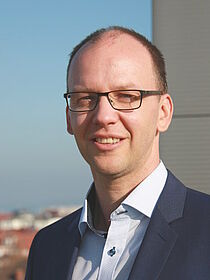 Gerrit TuschlingMaster of ScienceScientific AssistantSeefahrt, Anlagentechnik und LogistikLecturerSeefahrt, Anlagentechnik und LogistikBuilding 2 · Room 2504
Gerrit TuschlingMaster of ScienceScientific AssistantSeefahrt, Anlagentechnik und LogistikLecturerSeefahrt, Anlagentechnik und LogistikBuilding 2 · Room 2504

